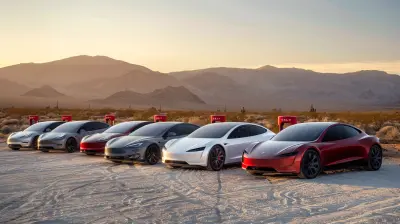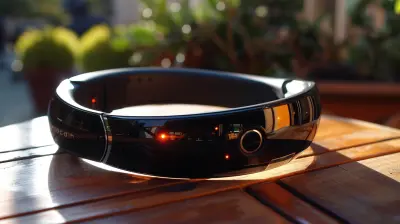How Electric Vehicles Are Disrupting the Luxury Car Market
27 July 2025
The automotive industry is undergoing a transformation like never before. The rise of electric vehicles (EVs) is changing the landscape, and nowhere is this shift more evident than in the luxury car market. Once dominated by brands like Mercedes-Benz, BMW, and Rolls-Royce, the luxury segment is now seeing an influx of competition from cutting-edge EV makers such as Tesla, Lucid Motors, and Rivian.
So, how exactly are electric vehicles shaking things up in the world of high-end automobiles? Let’s take a deep dive into the factors driving this disruption.
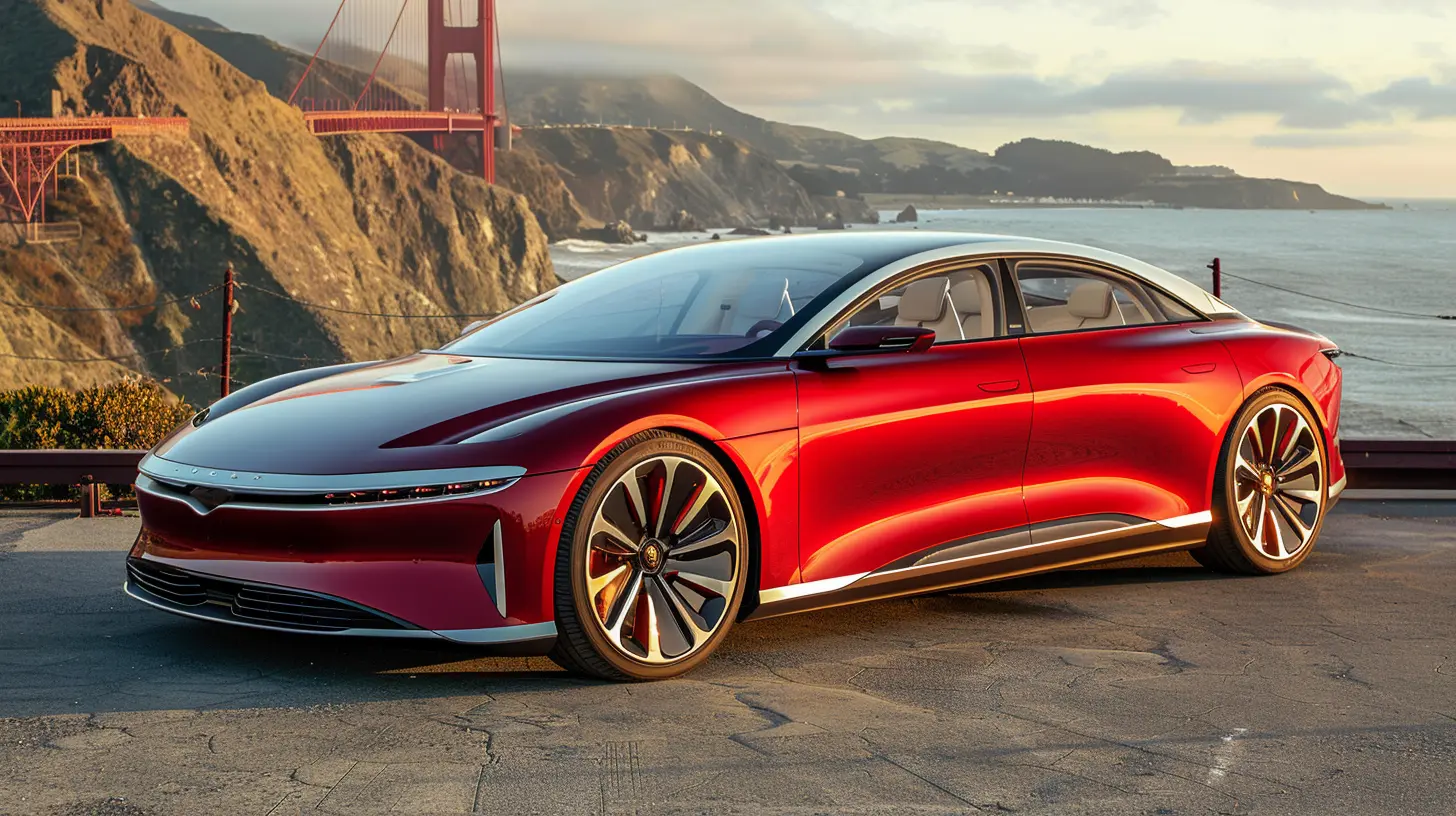
The Rise of Luxury Electric Vehicles
For years, luxury cars have been synonymous with powerful gasoline engines, handcrafted interiors, and prestigious brand heritage. However, EVs have rewritten the playbook, proving that luxury isn’t just about leather seats and roaring V8s—it’s also about technology, sustainability, and innovation.With advancements in battery technology, high-performance electric motors, and AI-driven features, luxury EVs are now as desirable—if not more—than their gas-guzzling counterparts.
The Tesla Effect: Redefining Luxury Performance
If there's one name that has single-handedly revolutionized the luxury EV market, it’s Tesla.Tesla’s Model S proved that electric cars could be fast, sleek, and technologically superior. With models like the Model S Plaid boasting 0-60 mph acceleration in under 2 seconds, Tesla has shattered the long-held belief that performance and electric powertrains don’t mix.
But it’s not just about speed. Tesla’s minimalist interiors, oversized touchscreens, and advanced self-driving features have set a new benchmark for what luxury customers expect in a high-end vehicle.
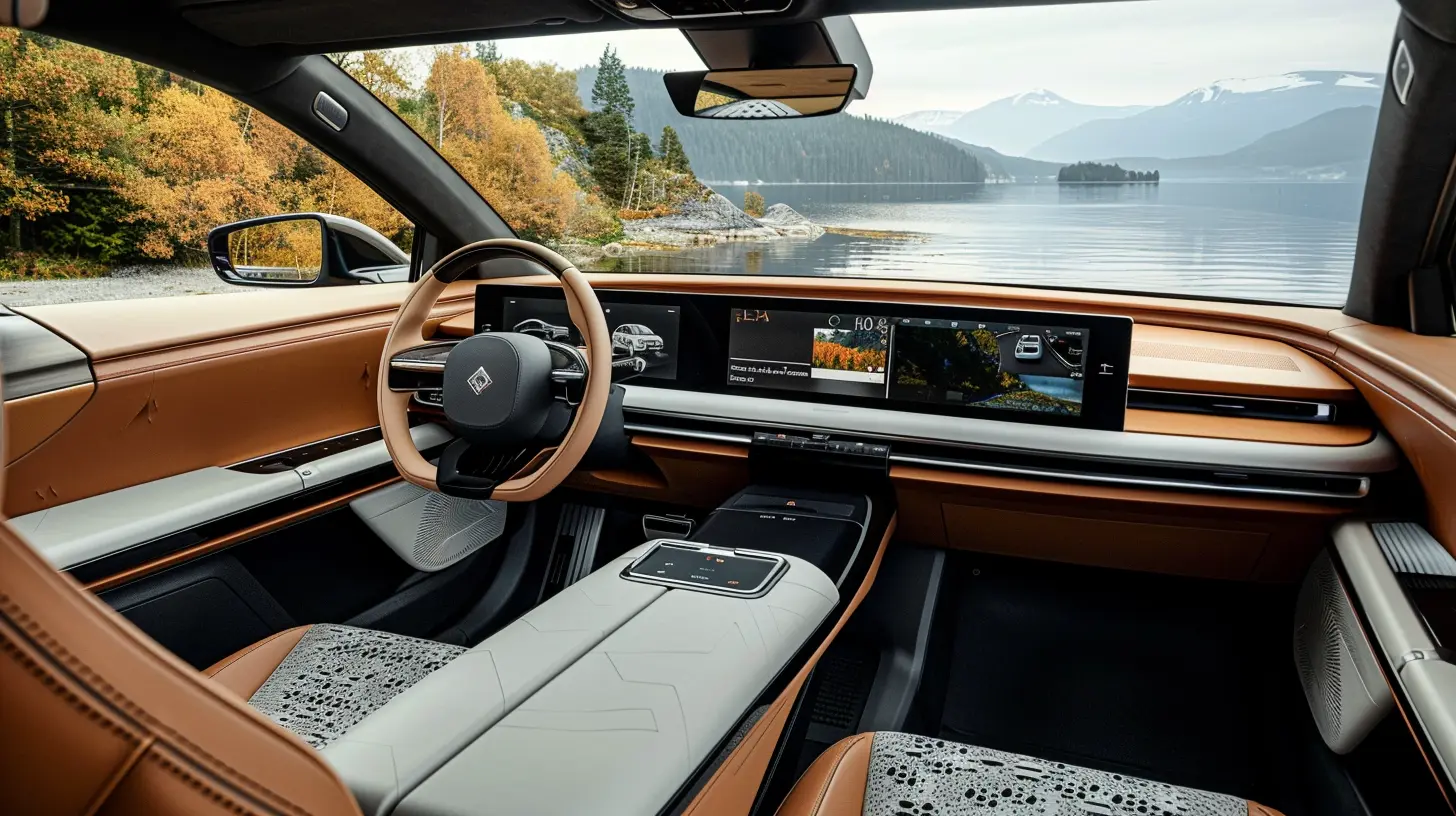
How EVs Are Changing the Luxury Market
1. Sustainability as a Status Symbol
Owning a luxury car used to be all about prestige and exclusivity. Today, sustainability plays a huge role in that equation.High-net-worth individuals are increasingly concerned about climate change, and driving an eco-friendly vehicle is now a status symbol. Brands like Lucid Motors and Rivian have capitalized on this trend, offering high-end electric vehicles with sustainable materials, carbon-neutral production, and exceptional energy efficiency.
2. Cutting-Edge Technology Over Brand Heritage
Traditionally, luxury buyers were loyal to legacy brands, largely due to their rich history and meticulous craftsmanship. But EVs have shifted the focus from heritage to innovation.Consumers are now more interested in what their car can do, rather than just what badge it carries. Features like over-the-air software updates, AI-powered driving assistance, and massive infotainment screens have made EVs more like smartphones on wheels—something traditional luxury brands are struggling to keep up with.
3. Unmatched Performance and Instant Torque
Ask any car lover, and they’ll tell you: the thrill of driving comes from power and performance. And this is where EVs excel.Luxury electric cars deliver instant torque, meaning they accelerate far quicker than most gas-powered cars. Take the Lucid Air Dream Edition, for example—it produces up to 1,111 horsepower, eclipsing many traditional supercars.
4. EVs Are More Cost-Effective in the Long Run
Luxury car buyers aren’t necessarily looking for affordability, but value still matters.EVs drastically reduce maintenance costs compared to traditional luxury vehicles. With fewer moving parts, no engine oil changes, and regenerative braking systems that extend brake life, electric luxury cars require far less upkeep.
On top of that, governments worldwide are offering incentives and tax benefits for EV buyers, making them an even more attractive option.
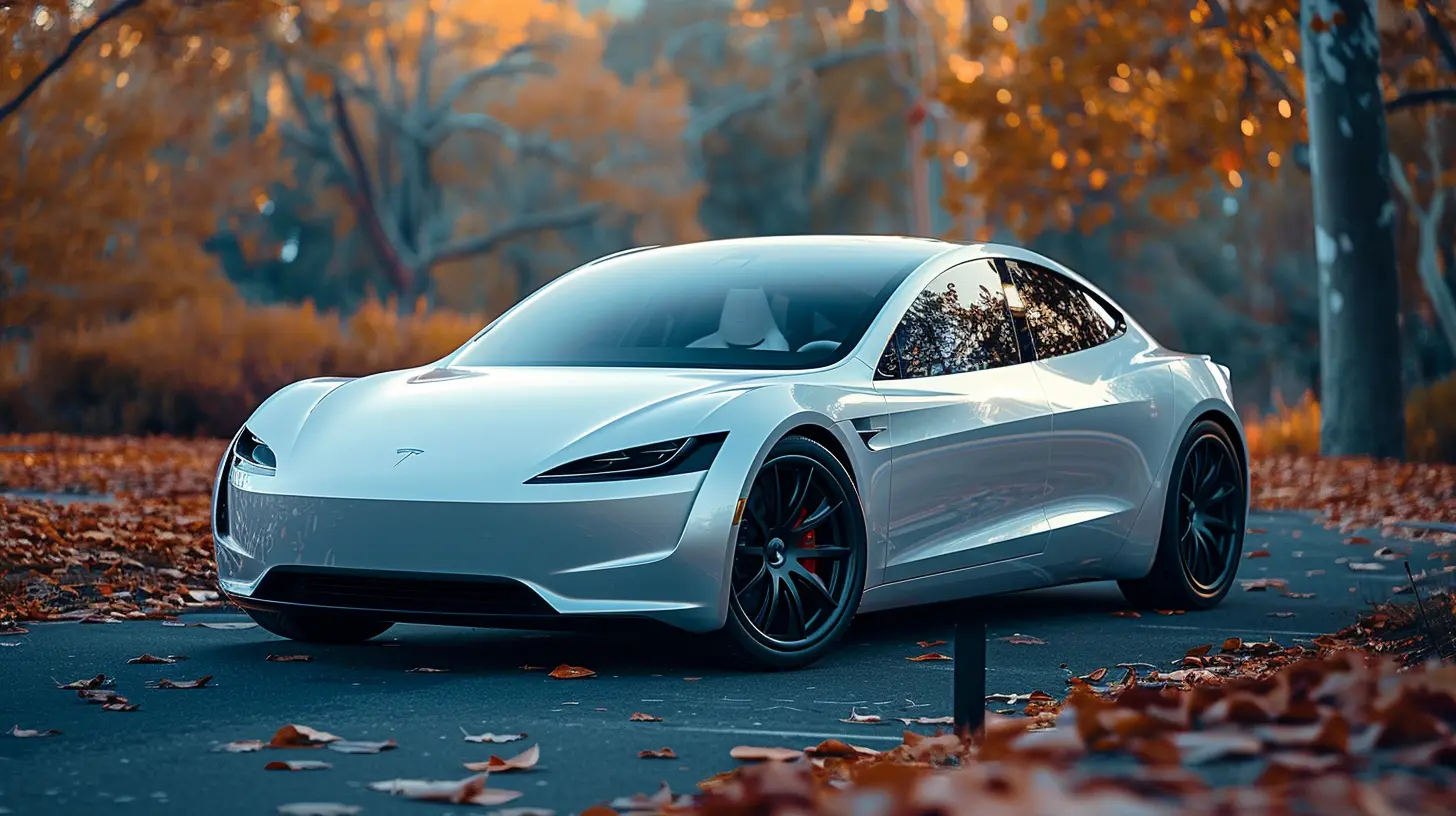
Legacy Luxury Carmakers: Adapting or Falling Behind?
For traditional luxury brands like Mercedes-Benz, BMW, and Porsche, the EV revolution is a double-edged sword.On one hand, they can’t ignore the shift toward electric mobility. On the other, transitioning from their gasoline-powered legacy to full electrification requires massive investments and technological overhauls.
Brands like Porsche have embraced the change head-on with the Taycan—an all-electric luxury sports sedan that rivals the Tesla Model S. Meanwhile, Mercedes-Benz introduced the EQS, a high-end EV packed with technology and opulence.
However, some legacy automakers are still lagging behind, hesitant to fully commit to electrification. The longer they wait, the harder it will be to compete with EV-first brands that are already setting the standard.
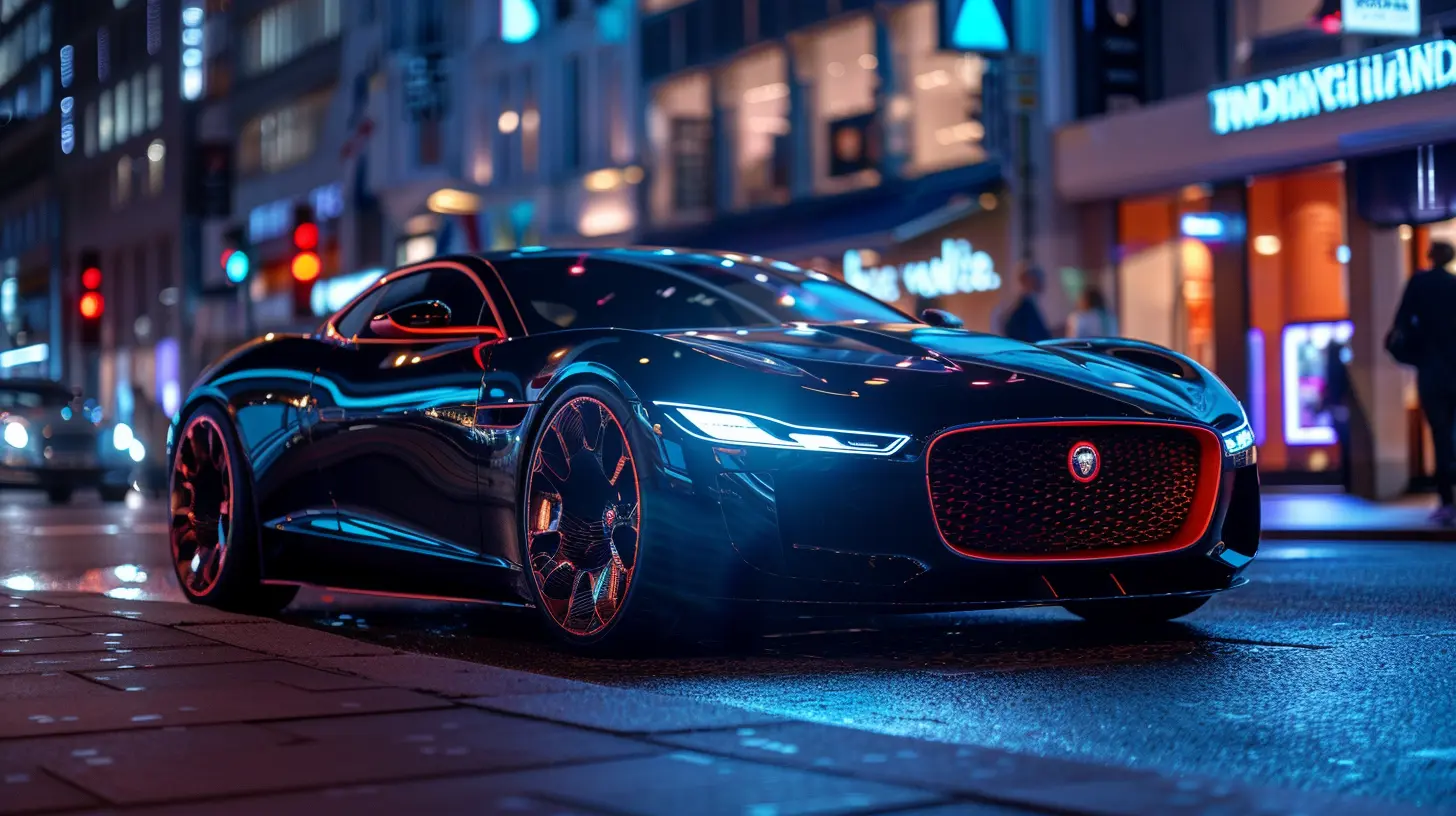
The Role of Startups in Reinventing Luxury
Luxury EV startups like Lucid Motors and Rivian are proving that you don’t need decades of history to create outstanding automobiles.- Lucid Motors: With its Lucid Air, the company is competing directly with Mercedes’ S-Class and Tesla’s Model S, offering over 500 miles of range on a single charge—something no traditional automaker has achieved yet.
- Rivian: While not traditionally luxury, Rivian’s upscale electric trucks and SUVs cater to adventure-seekers willing to pay a premium for ruggedness and innovation.
These startups are pushing the boundaries of luxury, integrating the latest tech, sustainability, and exceptional design without being weighed down by legacy systems.
The Future of Luxury: Fully Electric and Autonomous
Looking ahead, the luxury car market is set to become even more competitive as autonomous driving technologies advance and EV battery ranges continue to improve. Future luxury EVs will not only focus on performance but also on creating a seamless, ultra-comfortable, and tech-driven experience for drivers and passengers alike.Brands that fail to embrace electrification will risk falling behind, while those that innovate will set the standard for the next generation of luxury mobility.
Final Thoughts
Electric vehicles have officially disrupted the luxury car market, shifting consumer priorities toward sustainability, cutting-edge technology, and superior performance. The days of associating luxury solely with high-end gasoline-powered cars are fading, and EVs are leading the charge toward a more sophisticated, environmentally conscious future.Legacy automakers have two choices: adapt to the electric revolution or risk becoming obsolete. One thing is clear— the luxury car market will never be the same again.
all images in this post were generated using AI tools
Category:
Electric VehiclesAuthor:

Vincent Hubbard
Discussion
rate this article
1 comments
Lark Barron
Will luxury redefine itself in electric shadows?
August 13, 2025 at 12:34 PM

Vincent Hubbard
Absolutely! Luxury will evolve by embracing sustainability, technology, and unique customer experiences, redefining what exclusivity means in the electric era.

